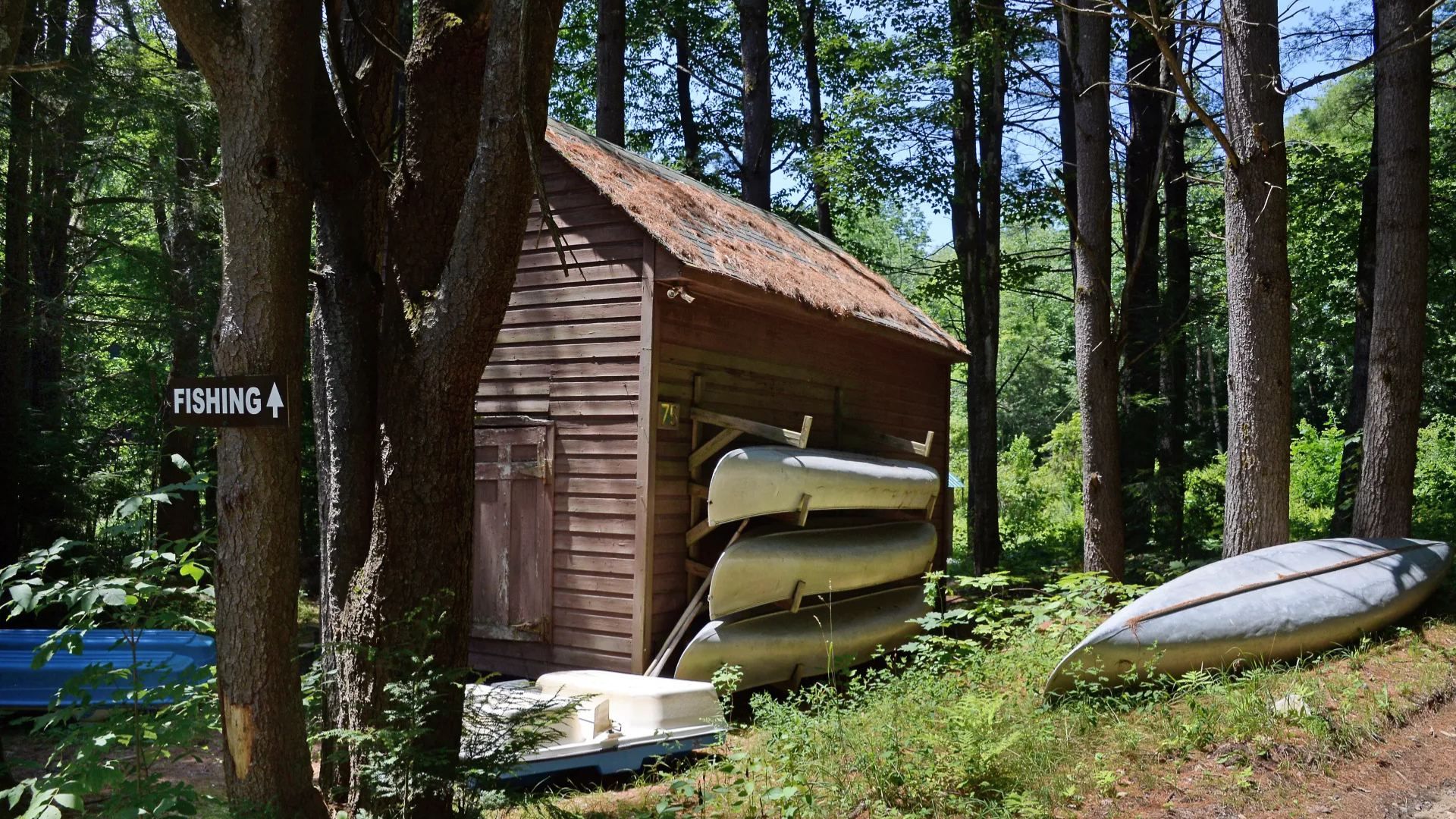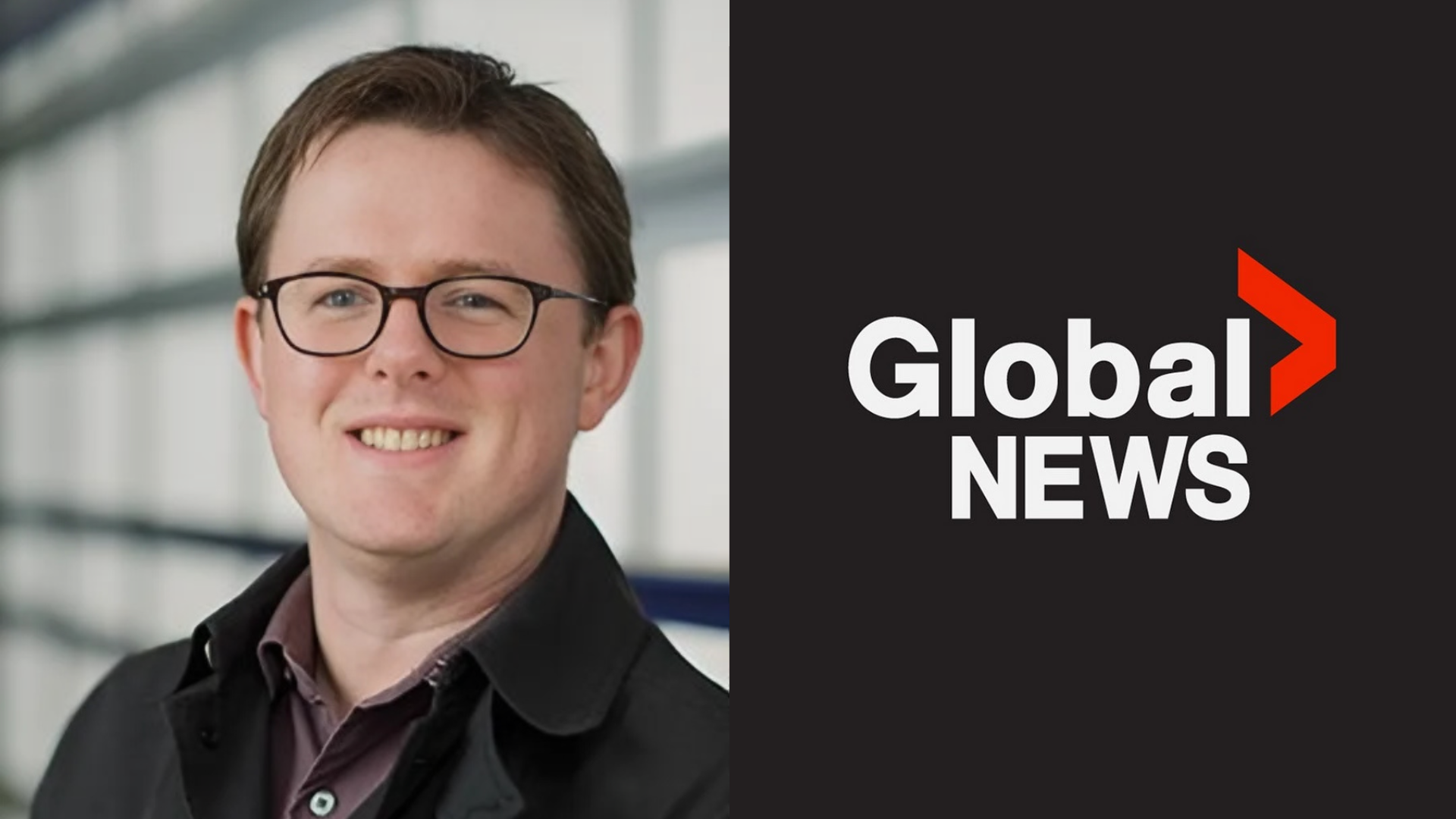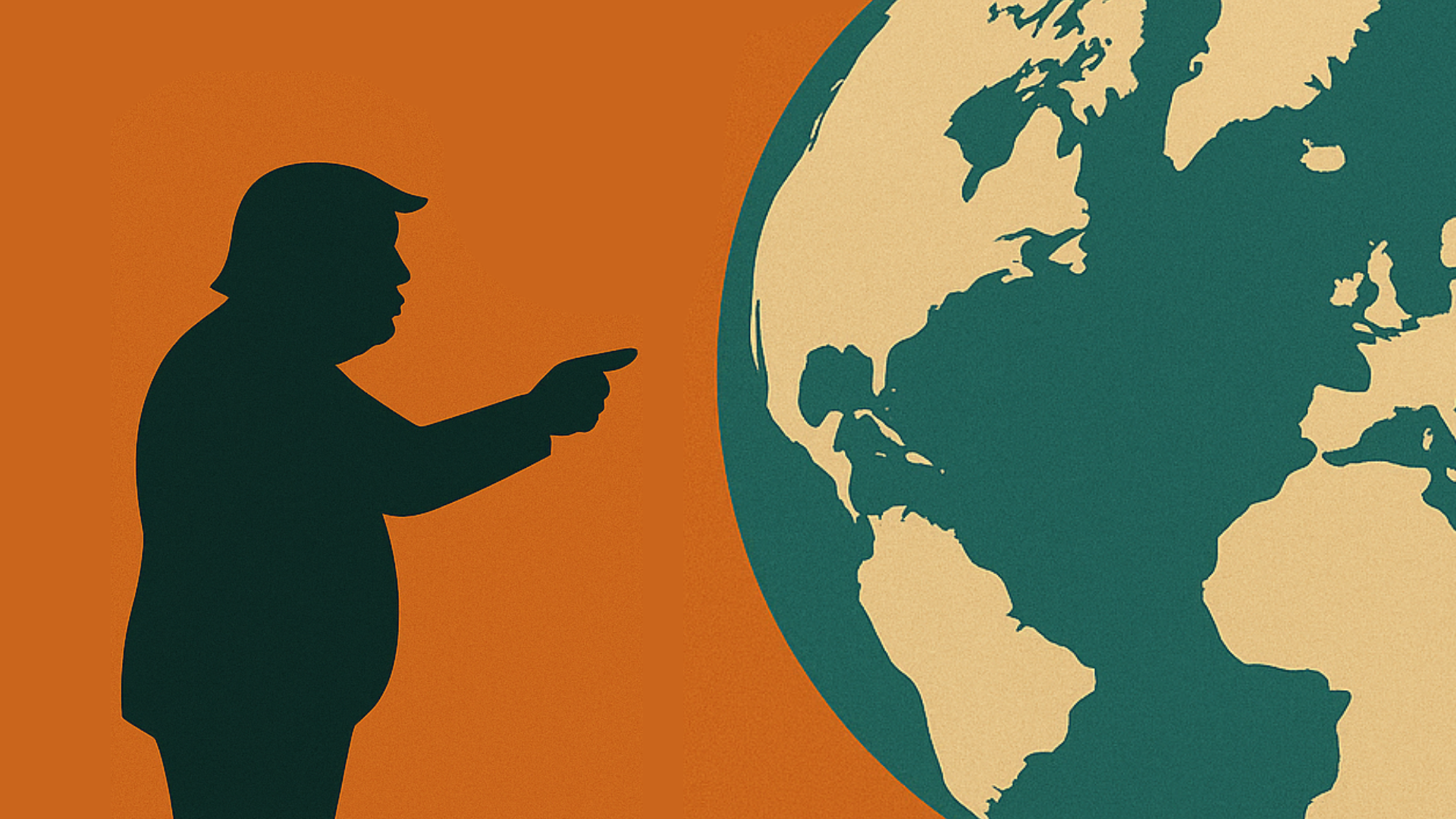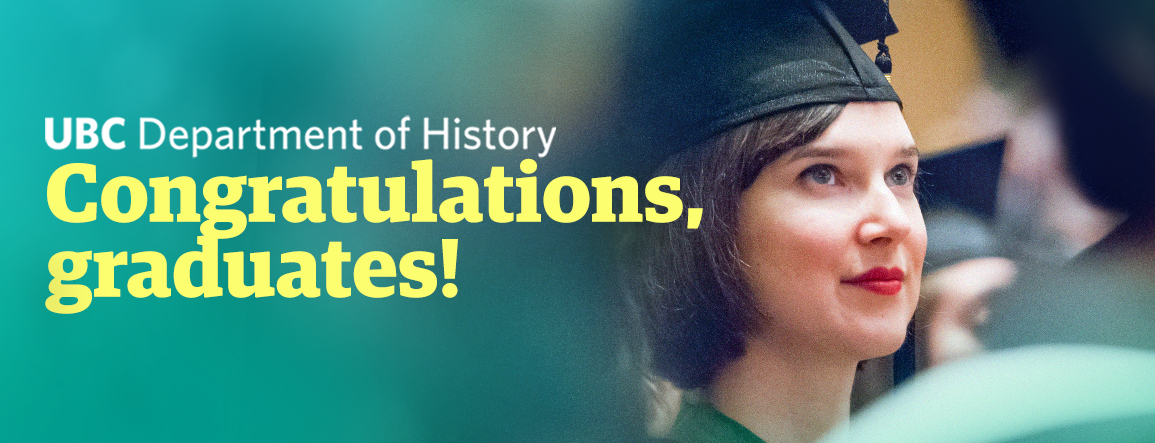

Congratulations, 2021 graduates!
In our first ever remote graduation celebration, UBC History faculty and students came together to reflect on what History majors have achieved during their studies, and where their History training might take them in the future. This Zoom celebration was a first for the UBC History Department, and we’d like to extend our thanks to everyone who was able to attend.
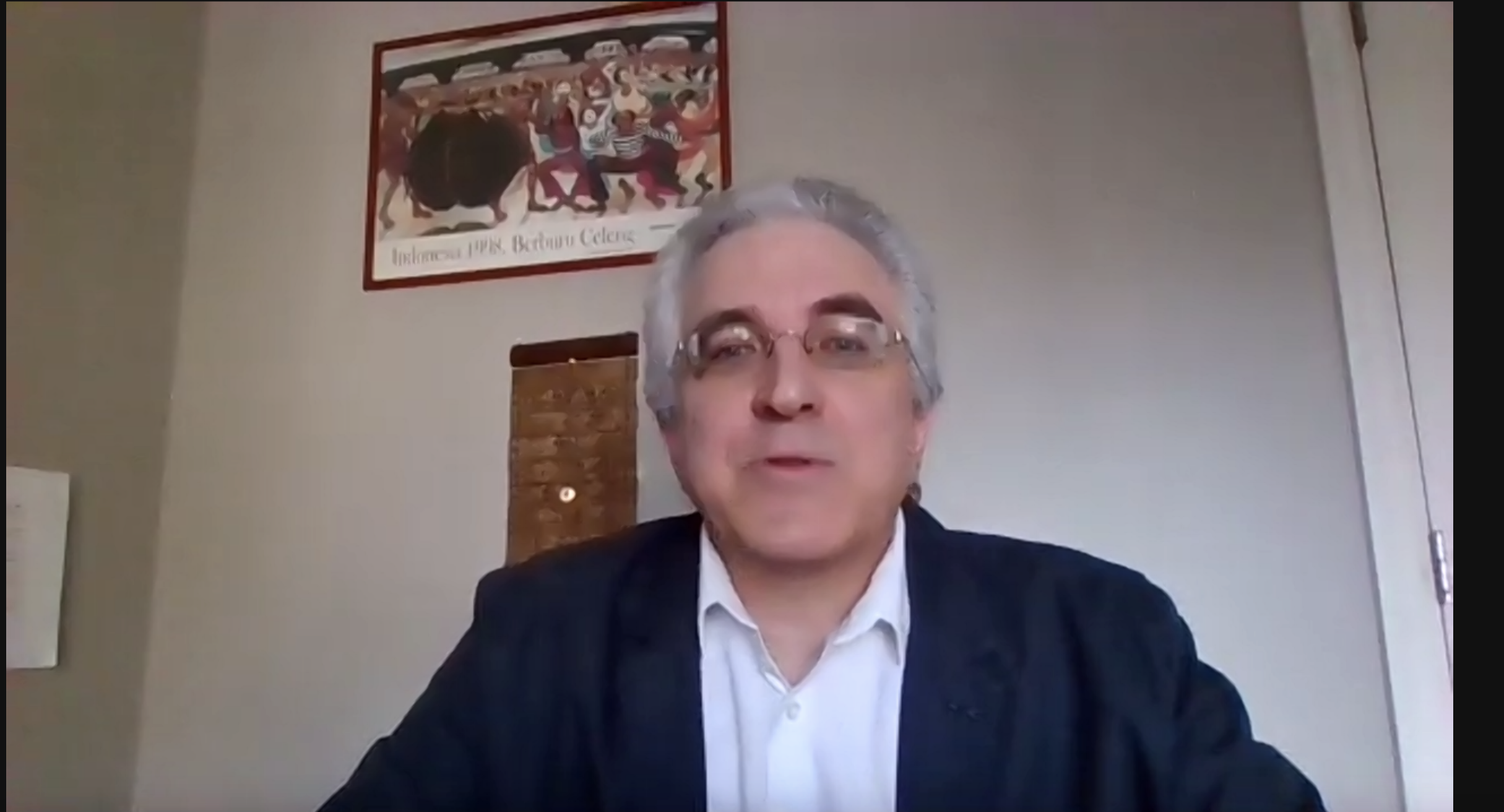

Dr. John Roosa giving opening remarks.
Department Head Dr. John Roosa congratulated students on their hard work and resilience during a global pandemic. A distinguished alumnus of the History Department, Justice Russell Brown of the Supreme Court of Canada, spoke about the importance of a historical perspective on the law. Students nominated Dr. Laura Ishiguro, Dr. Michel Ducharme, and Dr. Courtney Booker to speak, and graduates also heard from Patrick Leong, Bianca Chui, and Isabelle Ava-Pointon, who spoke on behalf of the student body.
A special thank you to Brad Miller, Michael Lanthier, Timothy Tan, and Olivia Brocklehurst for their help in planning the event.
If you weren’t able to join the ceremony, you can find Dr. Laura Ishiguro’s remarks below.
From Dr. Laura Ishiguro
Congratulations, graduates of 2021!
I know this has been hard, in different ways for each of you, but you have done it. Now I hope you can revel in the degree and how you got here. You have taken risks in learning – something that is often inherently uncomfortable. You have discovered things that changed you. You have survived so much. You have built communities that nourish and care, and you have cultivated new ways of seeing the world past, present, and future. I honour and celebrate this with you.
And what now, what next? At first glance, history seems like it is all about the past, but it is actually always about what we do with it now and next. And so it is for you too. Whatever your next steps, you are taking with you a piece of paper and the letters you have earned after your name, but also – now liberated from the pressures and limits of a grading system – you are carrying a whole way of seeing, knowing, being, caring, and moving in the world too.
My fear is always that historical knowledge can freeze us, whether in the snide confidence of we saw this coming or it’s happened before, you know, or in the helpless despair of it just repeats, despite us. It does not work like this. We do inherit structures and ideas. As you know, our past does fundamentally shape us and our world. But historical thinking should also cultivate critical hope. It should remind us that nothing is inevitable – it didn’t have to be like this, but also, it wasn’t always like this and it won’t always be like this. Change is not always quick or total, but people do shape and reshape the world in their choices every day.
How can you do this? Do what you know to do. Attend to the stories you hear and the stories you tell, and how they are told. Attend to what you are not hearing or telling, and why.
Do not just seek out evidence that proves your preconceptions or affirms your expectations. Think with an open mind, start with the evidence, and work with it critically, even (or especially) when it surprises you.
If, during your degree, you were able to explore histories that saw you – that honoured where you come from and where you are at – I hope you hold that close and keep moving. Find histories that challenge or de-centre, that demand new questions, explanations, perspectives, and inspirations.
If you were not able to explore histories that really saw you – that honoured your ancestors, grounded or lifted you – I hope you carry the questions, skills, and belief to seek them, because historical understanding does not have to be confined to or defined by what you have done here.
Because that is the thing about history: it keeps going. You keep going, too. Keep your ideas moving, sharpen your curiosity, take courageous risks, learn things that change your mind. In other words, do not just critique what has been or what is, but also wield your unwavering understanding of context, position, perspective, and change in order to cultivate what could be. Though you do not get to choose or control your circumstances, you do get to choose what you will do in them. What kind of stories do you want to dream into being? What kind of ancestors will you be? Go on, choose, and make history. Congratulations – I am excited for you.
